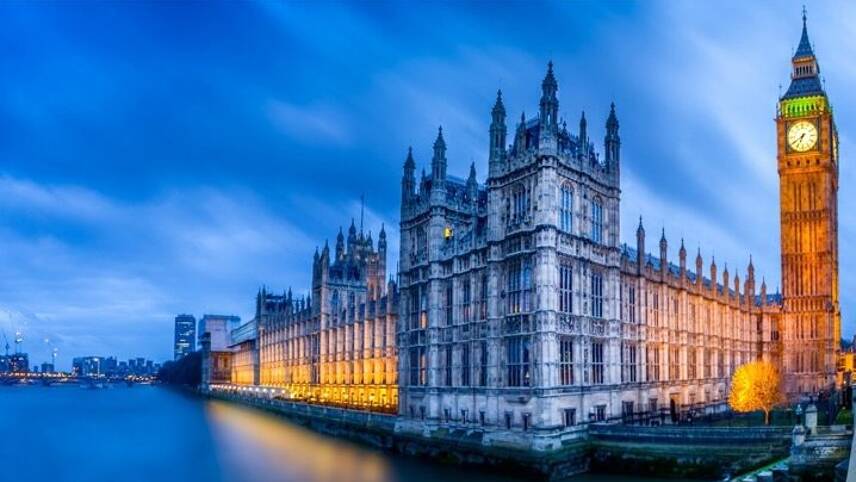Register for free and continue reading
Join our growing army of changemakers and get unlimited access to our premium content

New research from IPPR finds that investing now to tackle the climate crisis is not only popular amongst the public, but would act as a long-term cost-saving policy for the Government.
The IPPR warns that inaction on climate has seen costs rising, with flooding alone in the winter of 2019/20 costing around £333m. At the same time, the UK faces a cost of living crisis catalysed by rising energy bills.
The IPPR states that if the UK were to boost its GDP by just 0.5%, it would enable around £12bn in additional public spending. In contrast, research suggests that the net-zero transition could boost the UK’s GDP by 2% by 2030 and 3% by 2050. Additionally, delivering cleaner air, more green spaces and reducing emissions would reduce the burden on the NHS by £2bn a year.
The UK Government previously warned that, without better plans to improve climate resilience, billions of pounds will be wiped off of national GDP in the coming decades, with the costs of inaction set to outweigh the cost of action by 2045.
As such, the IPPR has set out five principles for responsible public investment in net zero. It includes fair spending to address inequalities, creating added value for the private sector by driving low-carbon markets, phasing investment plans year-on-year to deal with supply chain constraints, reforming the economy through a new industrial strategy and ensuring that value accounts for environmental and social as well as economic.
The IPPR’s associate fellow Sam Alvis said: “Now is not the time to back away from much needed green investment. As the UK enters recession, it’s even more important for public investment to drive the new, clean infrastructure that we know can generate stronger growth. Rolling out renewable energy, restoring our natural environment or expanding public transport, can all improve our productivity whilst driving down emissions.
“But in a challenging economic environment the government must ensure that its spending goes as far as possible and delivers both economic growth and emissions reductions. Prioritising measures that crowd-in private investment, establishing more independent oversight, and making existing institutions more targeted can all do that.”
The IPPR also notes that climate action is increasingly popular with the public.
Polling conducted by Opinium shows that 68% of the public support a “multibillion climate investment package”, while four in five people believe that investing in renewables is an ideal response to the current energy crisis.
The research comes as the Department for Business, Energy and Industrial Strategy (BEIS) published the latest edition of its quarterly public attitudes trackers. These surveys were sent to more than 20,000 adults – a representative sample of socioeconomic demographics. More than 4,100 people responded, providing a handy snapshot of public sentiment on climate and energy issues.
So, what does the public make of net-zero commitments? Click here to find out.


Please login or Register to leave a comment.